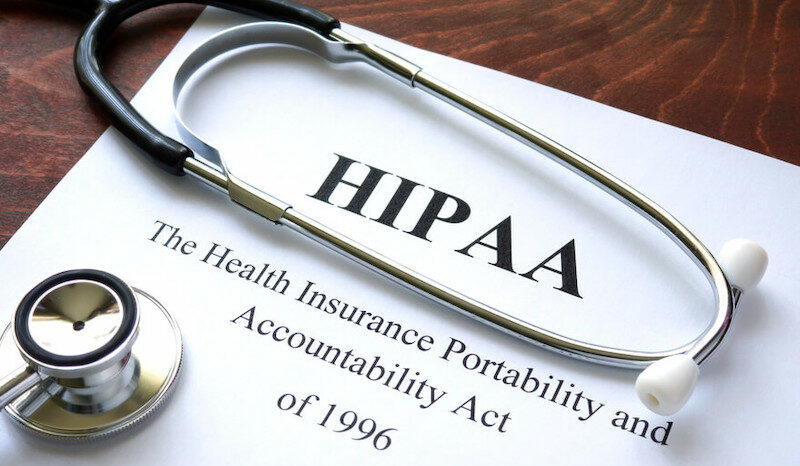Even with the top tools at your disposal, keeping up with HIPAA regulations isn’t easy and can be time-consuming. But if your employees undervalue the importance of being HIPAA-compliant or don’t know the rules, your hospital or practice may suffer.
To help ensure your business has the information required to become HIPAA compliant, protect client data, and prevent potentially devastating penalties, we’ve compiled a list of eight compliance tips to strengthen your HIPAA skills in 2021
HIPAA or the Health Insurance Portability & Accountability Act (HIPAA) is a civil rights law that gives patients control over the use and disclosure of their healthcare information. If you work in the healthcare industry, you must ensure the privacy and security of your patients’ protected health information (PHI),
Communications in your daily work (written, electronic, or oral) about your patients may contain sensitive information protected by HIPAA. A patient’s protected health information must only be used or released for treatment, payment, or healthcare operations, to provide adequate care and satisfy your responsibilities as a health care provider.
Strengthen your HIPAA compliance skills! Follow these tips:
These tips are meant to remind you to keep sensitive information secure. Remember, first and foremost, follow your organization’s privacy, security, and compliance policies for handling sensitive information.
1. We recommend discarding documents containing patient information in a shredding container.
2. Discard CD-ROMs, USBs, and other digital storage delicately – ask your supervisor how to dispose of these items properly.
3. If you notice any unusual activity appearing on your computer, report it to your Help Desk or IT team immediately.
4. Do not leave messages concerning a patient’s health information on answering machines or voicemails.
5. Access only electronic information that you “need to know” to perform your job. If you don’t need the information for your job responsibilities, do not seek it out.
6. Log-off your computer when away from your computer.
7. Lock laptops and other mobile devices in a protected location when not in use.
8. Store passwords in secured areas where they are not accessible by others (no post-its underneath your keyboard or on your computer!)
Employees who do not take care of sensitive information can lead their organizations into fines, increased operating costs, customer confidence loss, and added governmental regulation. It is critical to your organization’s safety to do your part to keep sensitive information safe at all times.
While knowing HIPAA risks and interpreting those risks into useful tasks is a crucial part of HIPAA compliance, it is also essential to develop an audit trail addressing remediation items. Edafio can help in this regard – as part of a Security Risk Assessment or a more mature, fully developed HIPAA Compliance Program. Our consultants can meet you where you are on the journey to keep your patients’ data safe.
Take our HIPAA Readiness Assessment today to evaluate your readiness and determine the best next step in your compliancy journey.








